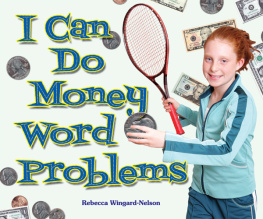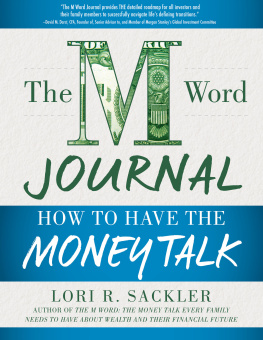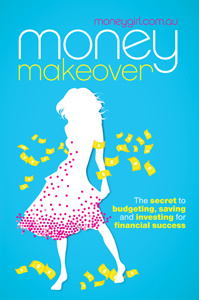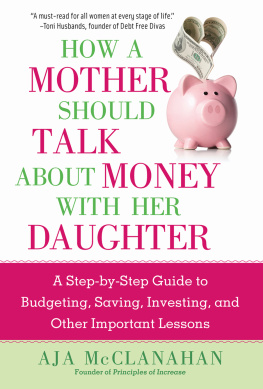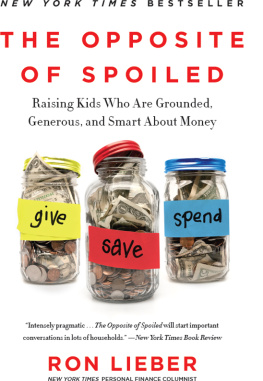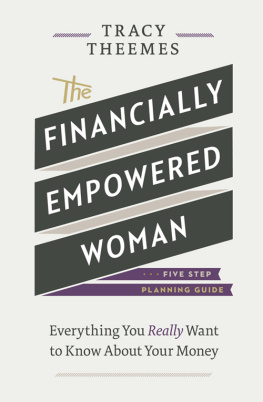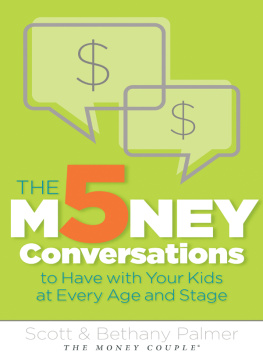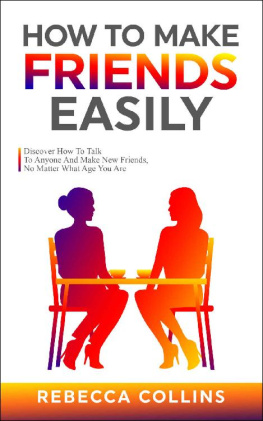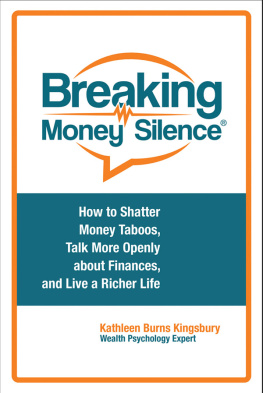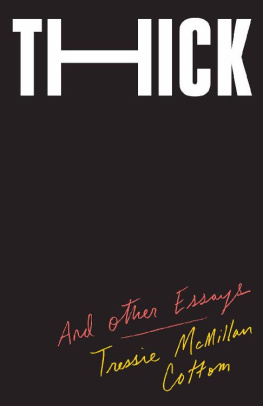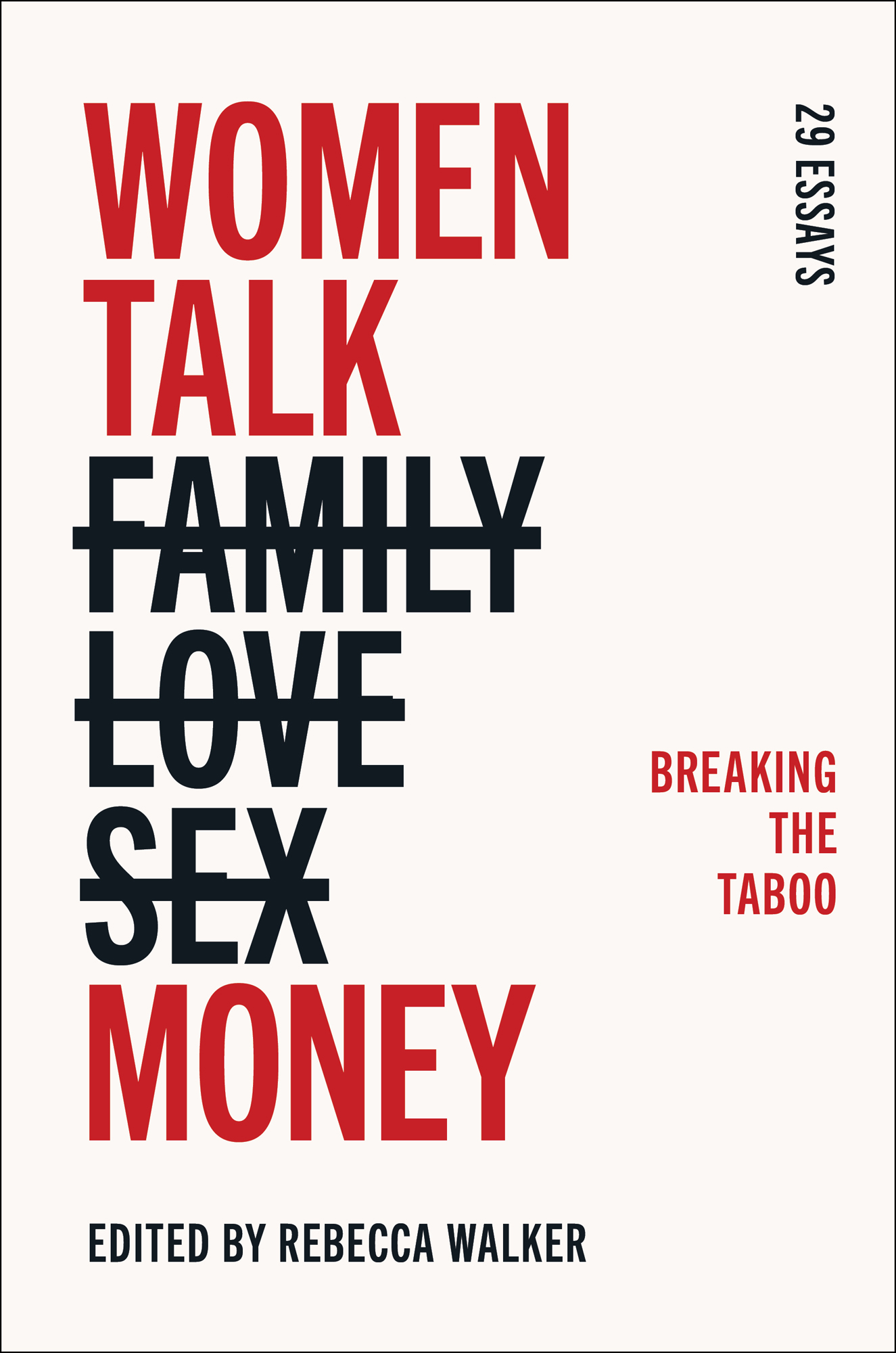Contents
Guide
Women Talk Family Love Sex Money
29 Essays
Breaking the Taboo
Edited by Rebecca Walker
ALSO BY REBECCA WALKER
Black, White, and Jewish: Autobiography of a Shifting Self
Baby Love: Choosing Motherhood After a Lifetime of Ambivalence
Ad: A Love Story
Whats Your Story? A Journal for Everyday Evolution (with Lily Diamond)
ALSO EDITED BY REBECCA WALKER
To Be Real: Telling the Truth and Changing the Face of Feminism
What Makes A Man: 22 Writers Imagine the Future
One Big Happy Family: 18 Writers Talk About Polyamory, Open Adoption, Mixed Marriage, Househusbandry, Single Motherhood, and Other Realities of Truly Modern Love
Black Cool: One Thousand Streams of Blackness

Simon & Schuster
1230 Avenue of the Americas
New York, NY 10020
www.SimonandSchuster.com
Copyright 2022 by Rebecca Walker
Tressie McMillan Cottoms essay The Price of Fabulousness was first published in her own essay collection, Thick: And Other Essays (New York: The New Press, 2019).
Daisy Hernandezs essay Only Ricos Have Credit was first published in her memoir, A Cup of Water Under My Bed (Boston, MA: Beacon Press, 2014).
And an excerpt of Alice Walkers foreword, Counting My Eggs, was first published in Jonathan K. DeYoes book, Mindful Money: Simple Practices for Reaching Your Financial Goals and Increasing Your Happiness Dividend (Novato, CA: New World Library, 2017).
Names and identifying characteristics of some individuals and places have been changed.
All rights reserved, including the right to reproduce this book or portions thereof in any form whatsoever. For information, address Simon & Schuster Subsidiary Rights Department, 1230 Avenue of the Americas, New York, NY 10020.
First Simon & Schuster hardcover edition March 2022
SIMON & SCHUSTER and colophon are registered trademarks of Simon & Schuster, Inc.
For information about special discounts for bulk purchases, please contact Simon & Schuster Special Sales at 1-866-506-1949 or .
The Simon & Schuster Speakers Bureau can bring authors to your live event. For more information or to book an event, contact the Simon & Schuster Speakers Bureau at 1-866-248-3049 or visit our website at www.simonspeakers.com.
Interior design by Ruth Lee-Mui
Jacket design by Heather Scott
Library of Congress Cataloging-in-Publication Data
Names: Walker, Rebecca, editor. Title: Women talk money : breaking the last taboo / edited by Rebecca Walker. Description: First Simon & Schuster hardcover edition. | New York, NY : Simon & Schuster, 2022. | Summary: A searing and fearless anthology of essays exploring the profound impact of money on womens lives, edited by prominent feminist and writer Rebecca WalkerProvided by publisher. Identifiers: LCCN 2021042302 | ISBN 9781501154324 (hardcover) | ISBN 9781501154348 (ebook) Subjects: LCSH: WomenFinance, Personal. | Sex workers. | Money. Classification: LCC HG179 .W5767 2022 | DDC 332.0240082dc23/eng/20211013
LC record available at https://lccn.loc.gov/2021042302
ISBN 978-1-5011-5432-4
ISBN 978-1-5011-5434-8 (ebook)
For all of us who struggle to make sense of money: how to earn it honestly and spend it well, to respect its power and transform it for good, to say no to business as usual and survive what comes next.
Foreword COUNTING MY EGGS
ALICE WALKER
I HAD my first paying job when I was seven. My two older brothers and I were hired to pick daffodils for the wife of the man who owned the land our parents worked. In this part of middle Georgia there are thousands of gigantic pecan trees, and it was under such trees that the three of us set to work. There were deep-yellow and pale-yellow daffodils (which our boss, in a strong Southern accent, referred to as jonquils) almost as far as the eye could see. To a child it seemed a fairyland, and I set to picking daffodils with delight. We were paid a nickel a bunch (our boss lady sold them in town for a quarter a bunch, which we didnt know and didnt care about), and I proved to be a speedy and efficient picker. I might have earned as much as half a dollar each day.
This went into a piggy bank that was shaped like an actual pig. My hardworking parents instilled in all their children, early on, that saving was to be a habit that would mean we could afford to buy presents for ourselves as well as for others at Christmas.
A few years later, when I wanted desperately to learn to play the piano, my mother decided to let me have all the eggs laid by our chickens. I sold these to a market in town and was able to pay the fifty cents per lesson my teacher required. In winter, though, the hens laid less, and eventually I had to give this up.
Not until fifty years later would I circle back to this dream, hire a piano teacher, and learn to play six songs, among them James Weldon Johnsons Lift Evry Voice and Sing (commonly known as The Negro National Anthem) and Beethovens Ode to Joy. Having learned these six songs, I promptly forgot how to play the piano, which is one of those mysterious happenings in life that makes you wonder.
But the egg experiment taught me something that put me at odds with the endless-growth idea of classic capitalism and made me a budding socialist. I could see that the number of eggs required to fund my musical expansion was finite. I could also see that the eggs my passion for music was taking from my protein-deficient family would, in the end, undermine the health and stability of all of us. The experience taught me that I needed to develop a keener sense of planning and a deeper understanding of the means and reliability of production.
One of my fathers biggest dreams was to own a car. When my older brothers grew skilled enough to keep one running, my father bought one. It was not the little red sports car of his dreams, but it was roomy and rugged, and he could get almost all of his large family inside it. In this car the two of us, when I was thirteen or so, rode off to his lodge meetings, where I was designated secretary and took notes, or minutes, as they were called. We also rode into town to visit the bank. If the family had accumulated even ten dollars above the months expenses, into the passbook of the Farmers & Merchants Bank it went.
Many years after I, the youngest, had left home, it was a joy to learn that my mother, who had always stayed home after getting everyone else dressed and ready to leave the house, learned to drive a car and at some point found her way to the ocean, which she had never seen. Not even bothering to take off her stockings, she plunged in, as if she could swim. There is a wonderful photograph of her beaming and sopping wet, as if shed just met her own mother. (And of course she had!)
But how clever it was of my father to take me with him to his boring (to me) lodge meetings, where I was to take down information that had zero meaning to me. I see it now as preparation for the writing life that has been mine since I was in my teens. And how positively resolute it was of him to take me with him to make deposits in the Farmers & Merchants Bank, the only unsegregated establishment in the county and the only place white people seemed almost happy to see him.


